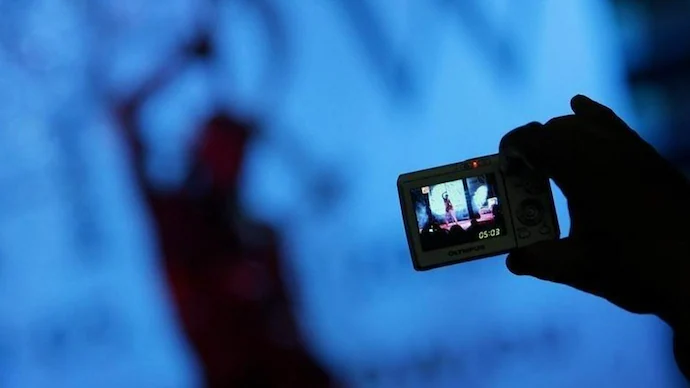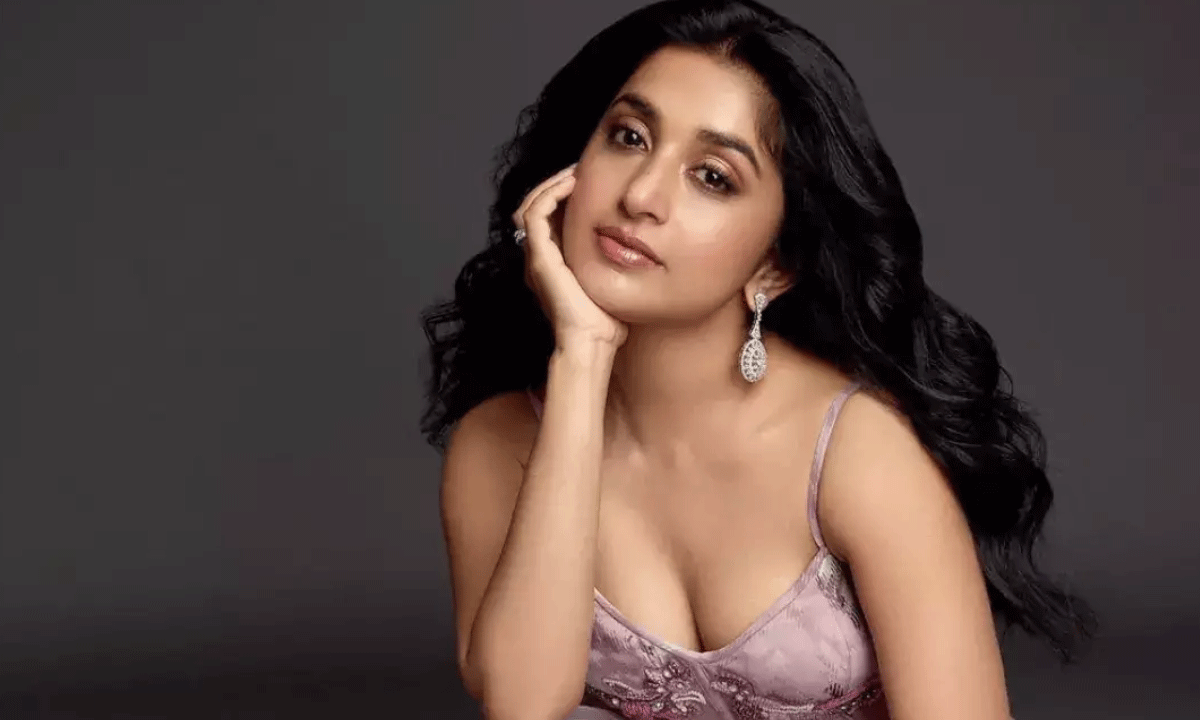In a significant ruling on September 23, the Supreme Court declared that the storage of child pornographic material constitutes an offence under the Protection of Children from Sexual Offences (POCSO) Act. The decision was delivered by a bench consisting of Chief Justice of India DY Chandrachud and Justice JB Pardiwala, which overturned a recent judgment by the Madras High Court.
The Madras High Court had previously ruled that merely downloading or viewing child pornography, without the intent to distribute or transmit, did not amount to an offence. However, the Supreme Court firmly set aside this interpretation, affirming that the possession of such material alone is a criminal act under the POCSO Act, which aims to protect children from sexual exploitation and abuse.
However, disapproving of the use of the word ‘child pornography’, the top court said Parliament should amend the POCSO Act to refer to such material as ‘child sexually abusive and exploitative material’.”We have suggested an ordinance can be brought in. We have asked all courts not to refer to it as ‘child pornography’ in any orders,” it said.
Acting on a petition filed by the Just Rights for Children Alliance, the Bench had in August decided to examine a verdict of the Kerala High Court which ruled that mere downloading and storing of child pornography on one’s mobile phone couldn’t be considered an offence under the POCSO/IT Acts.
Terming the Kerala HC verdict as “atrocious”, it had issued notices to the Kerala Government, Sebin Thomas and another asking them to spell out their respective stand on the petition challenging the high court’s verdict.
Citing the National Crime Records Bureau (NCRB) data, the petitioner—a coalition of over 120 NGOs – sought to highlight the fact that there has been almost a 2,561 per cent increase in child pornography cases between 2018 and 2022.
The top court had referred to a challenge against a Madras High Court order that said watching child pornographic videos will not by itself attract offences under the POCSO Act. “We have reserved judgment in the Madras High Court order challenge, just wait for it,” the CJI said.










